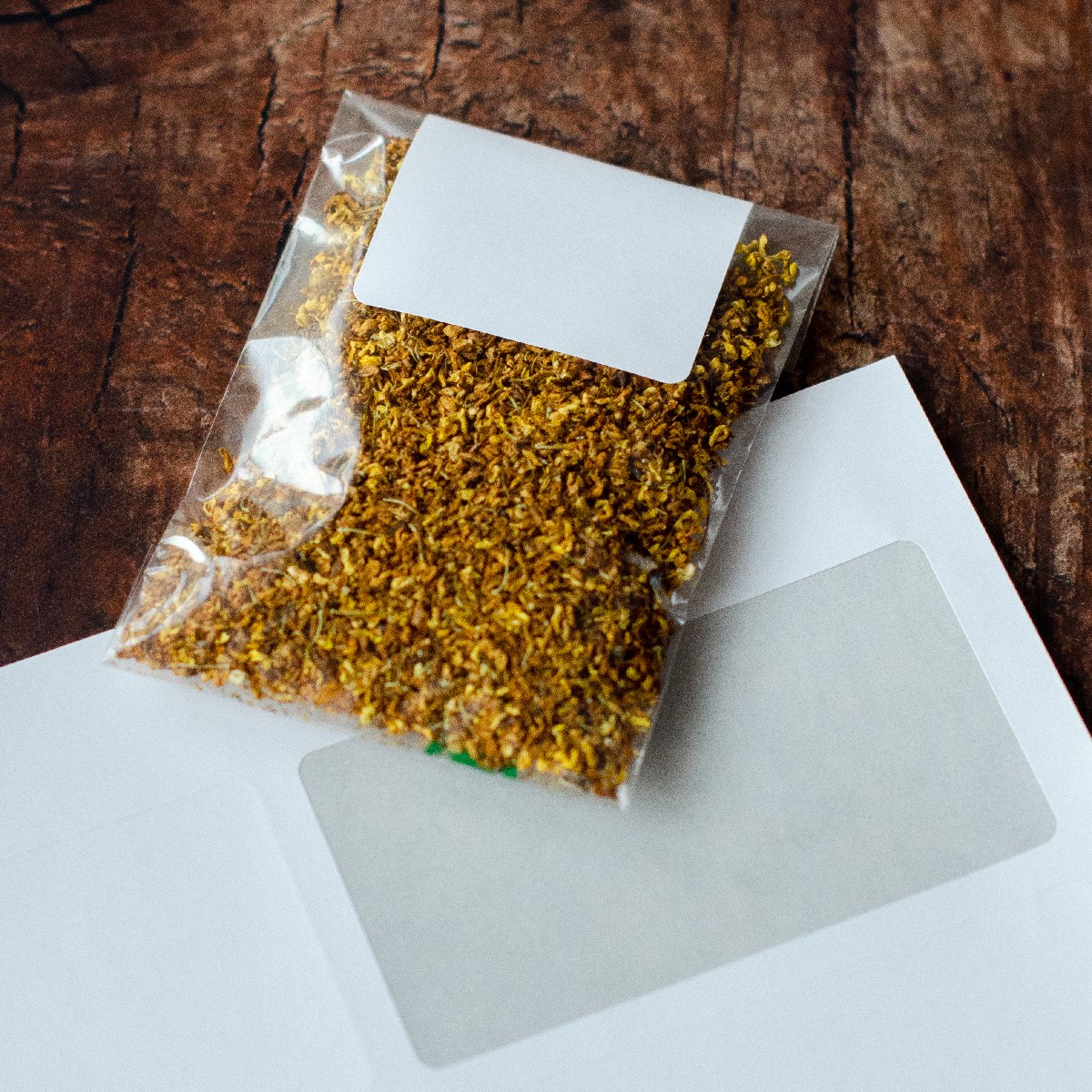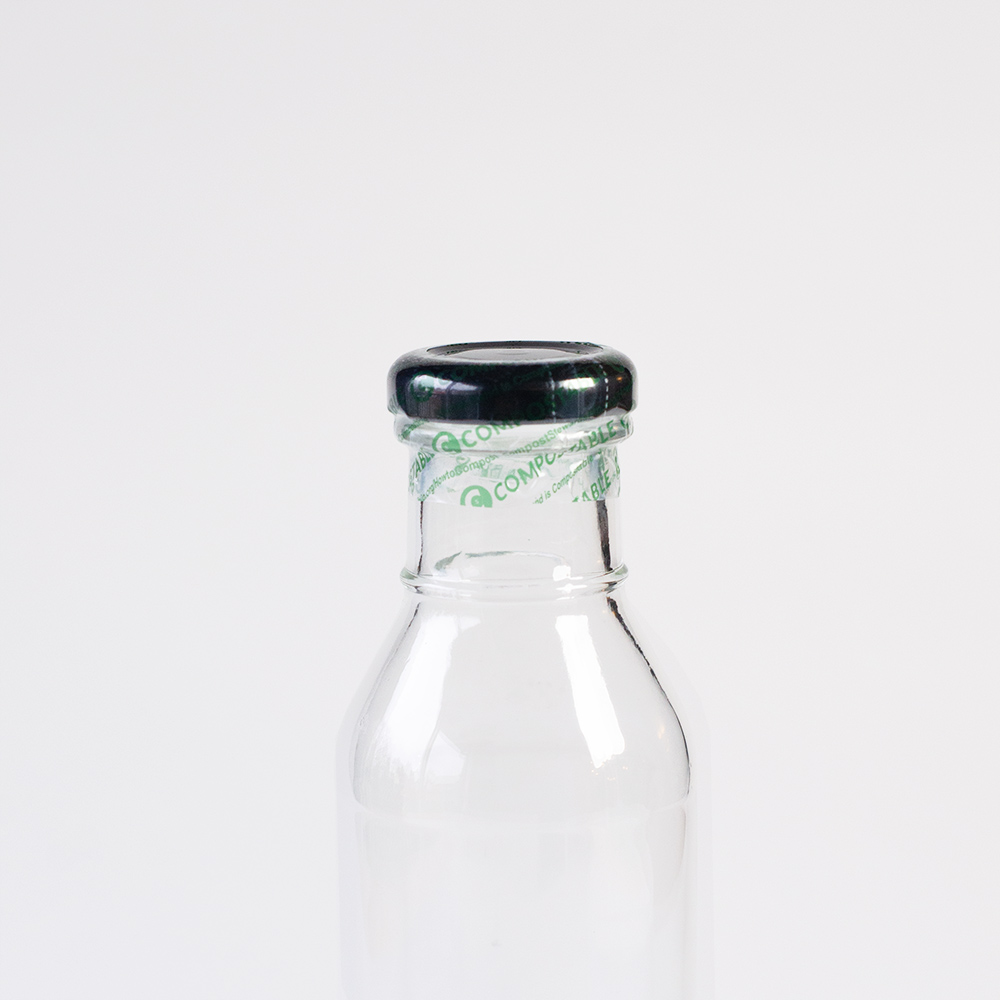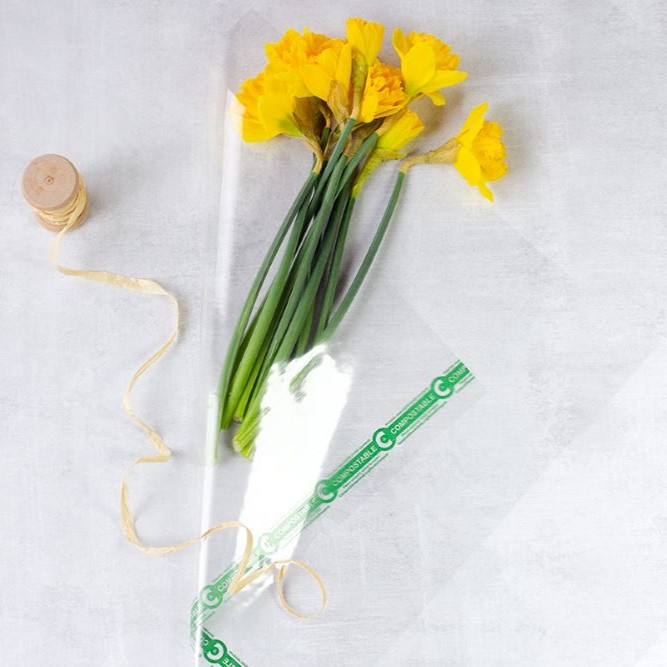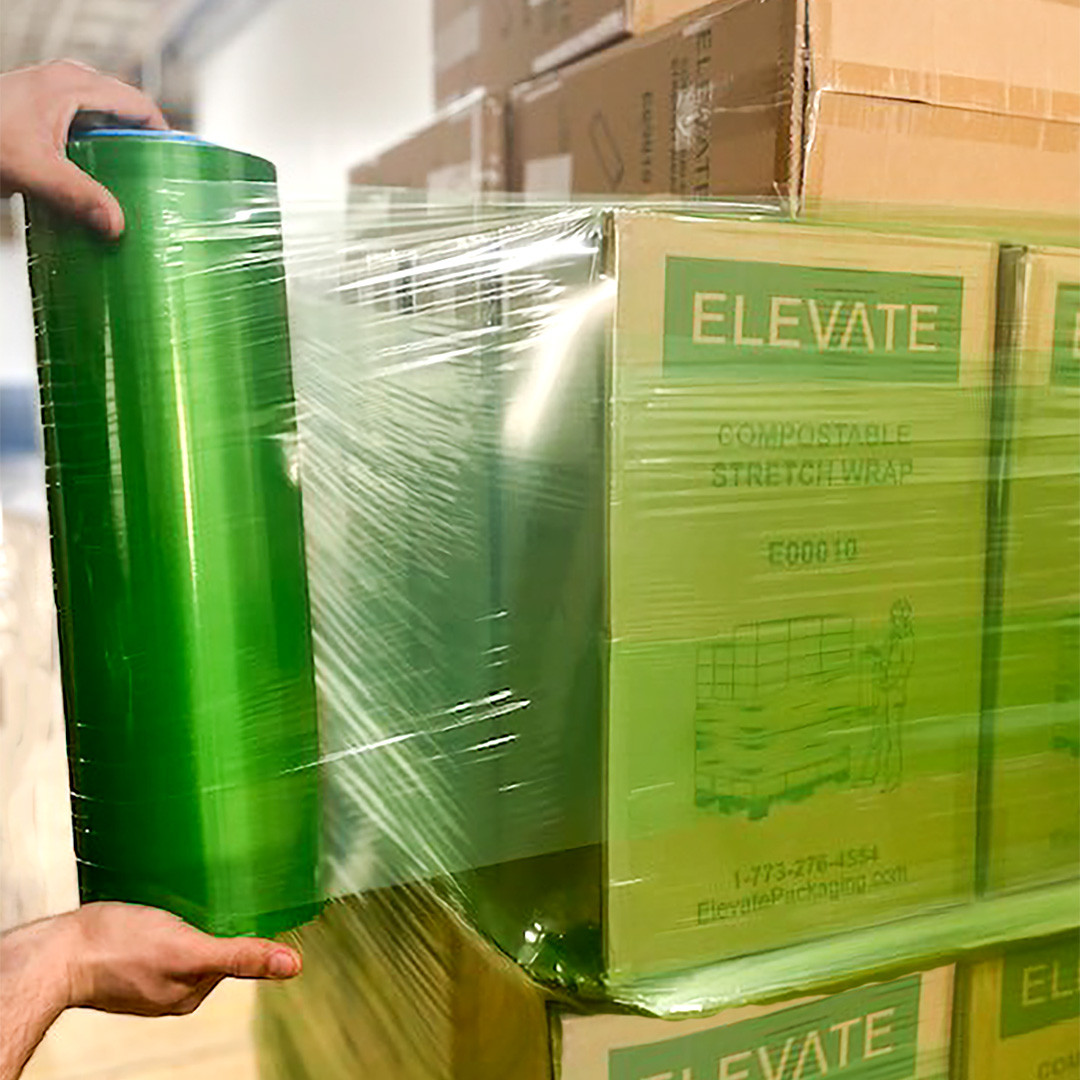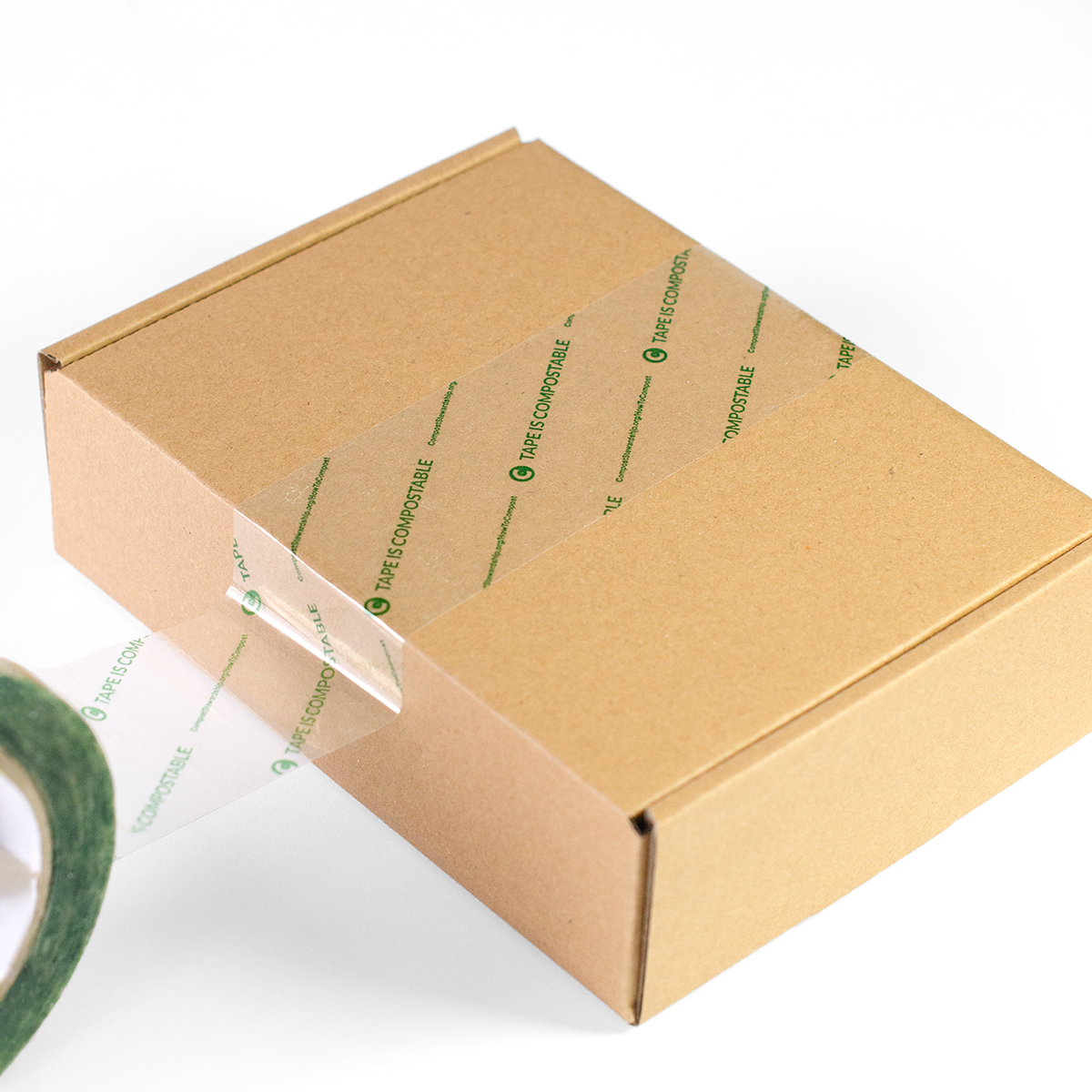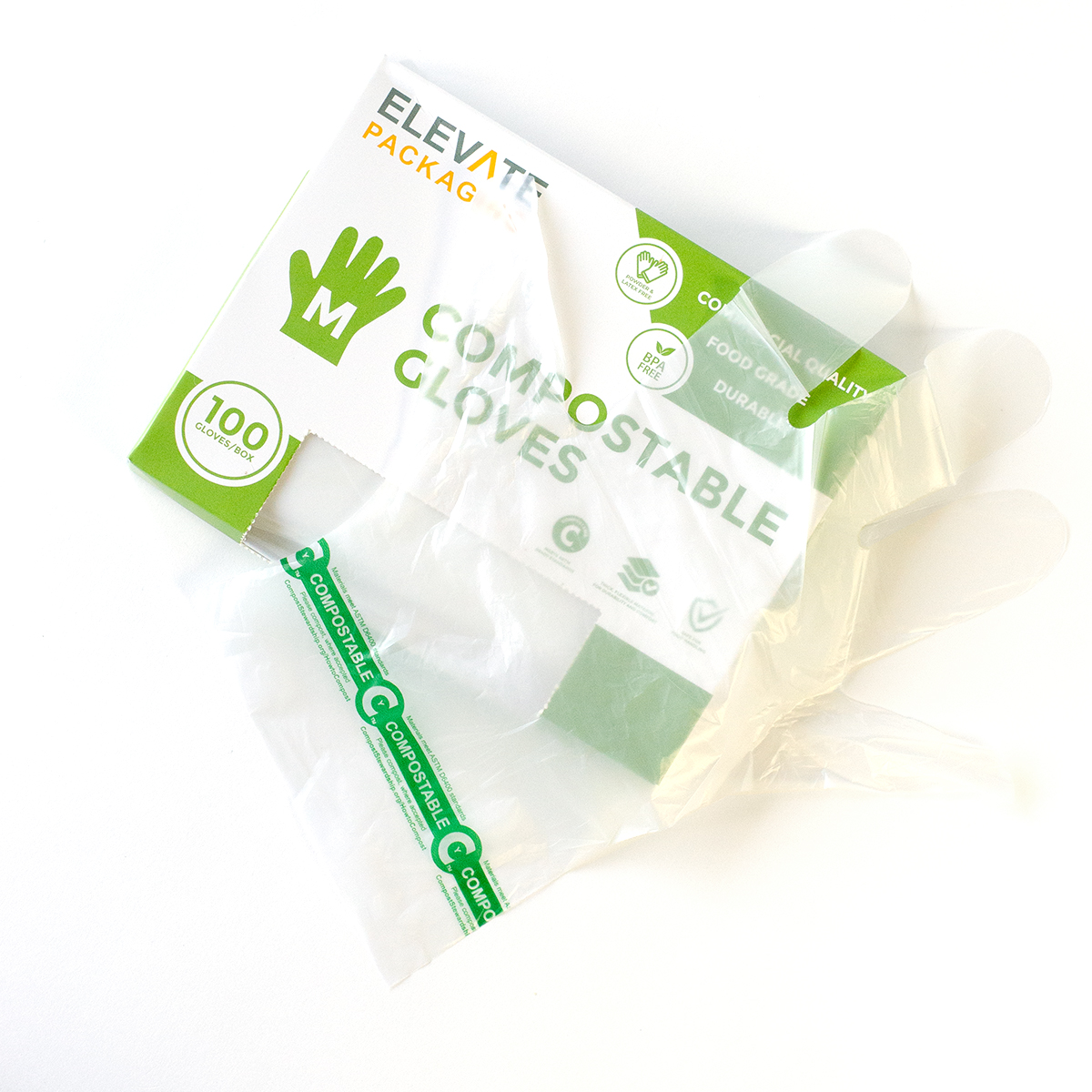Elevate Blog
Recent Posts
Prepare to go Plastic Free This July
Posted on
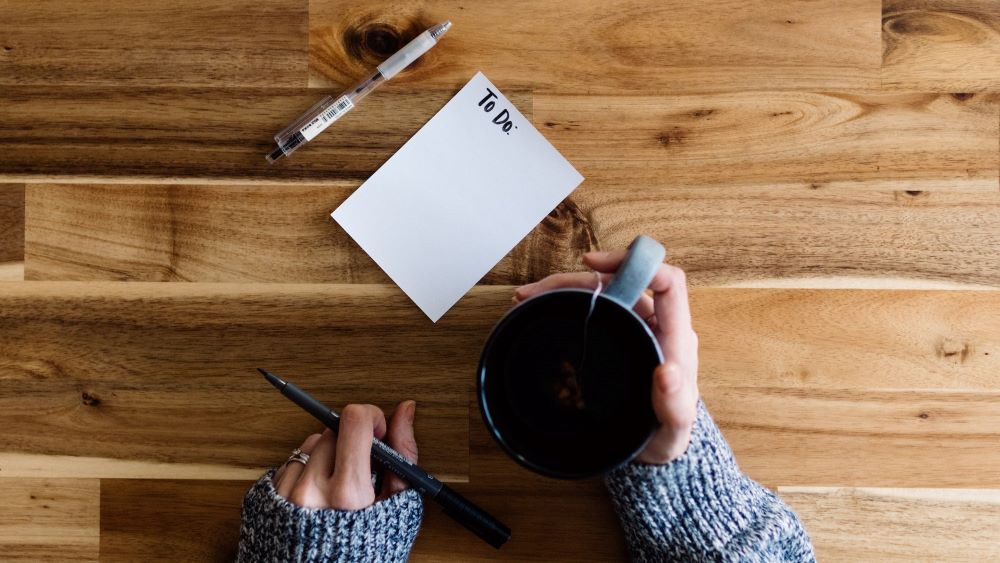
While small sustainable changes can (and should!) be made any time of year, Plastic Free July is the perfect time to rethink our habits and take steps to get rid of plastic in our businesses and everyday lives.
Plastic Free July is a global movement that encourages people and companies to refuse single-use plastics for the month of July. This might mean taking a closer look at the materials in your business supply chain, and can also include making more sustainable choices in the office and at home.
What’s the Problem with Plastic?
Reliance on plastic packaging has put a huge strain on our environment. Every year, an overwhelming 300 million tons of plastic are produced globally. Over a third of this — about 36% — is used just for packaging. And while we might hope most of this gets recycled, the truth is, only 9% of plastic is recycled, with the rest piling up in landfills or ending up as litter in our oceans and soil.
But here's the good news: wherever you are on your sustainability journey, participating in Plastic Free July offers an opportunity to explore how your efforts can have a genuine, measurable impact on our environment. Whether you're just starting out or you're well on your way to zero waste, taking steps to reduce plastic in your business’ daily operations can have an incredible impact.
How Your Business Can go Plastic Free This July
Celebrate Your Wins
If you're reading this, chances are you've already taken a big step towards reducing plastic!
Choosing compostable packaging not only helps reduce plastic waste but is also an integral part of a circular economy. Compostable packaging supports composters and contributes to improved soil health - it is one of the most eco-friendly solutions we have in the fight against plastic!
Transitioning to more eco-friendly practices is no small feat, and we understand the challenges it comes with. But every step matters! Even small changes can have a huge impact. By taking the lead and choosing eco-friendly packaging over plastic, you've made a huge difference to the environment and you've also given your customers another great reason to feel good about supporting your business.
Ready to start your sustainable packaging journey?
Connect with one of our packaging experts
Contact Us
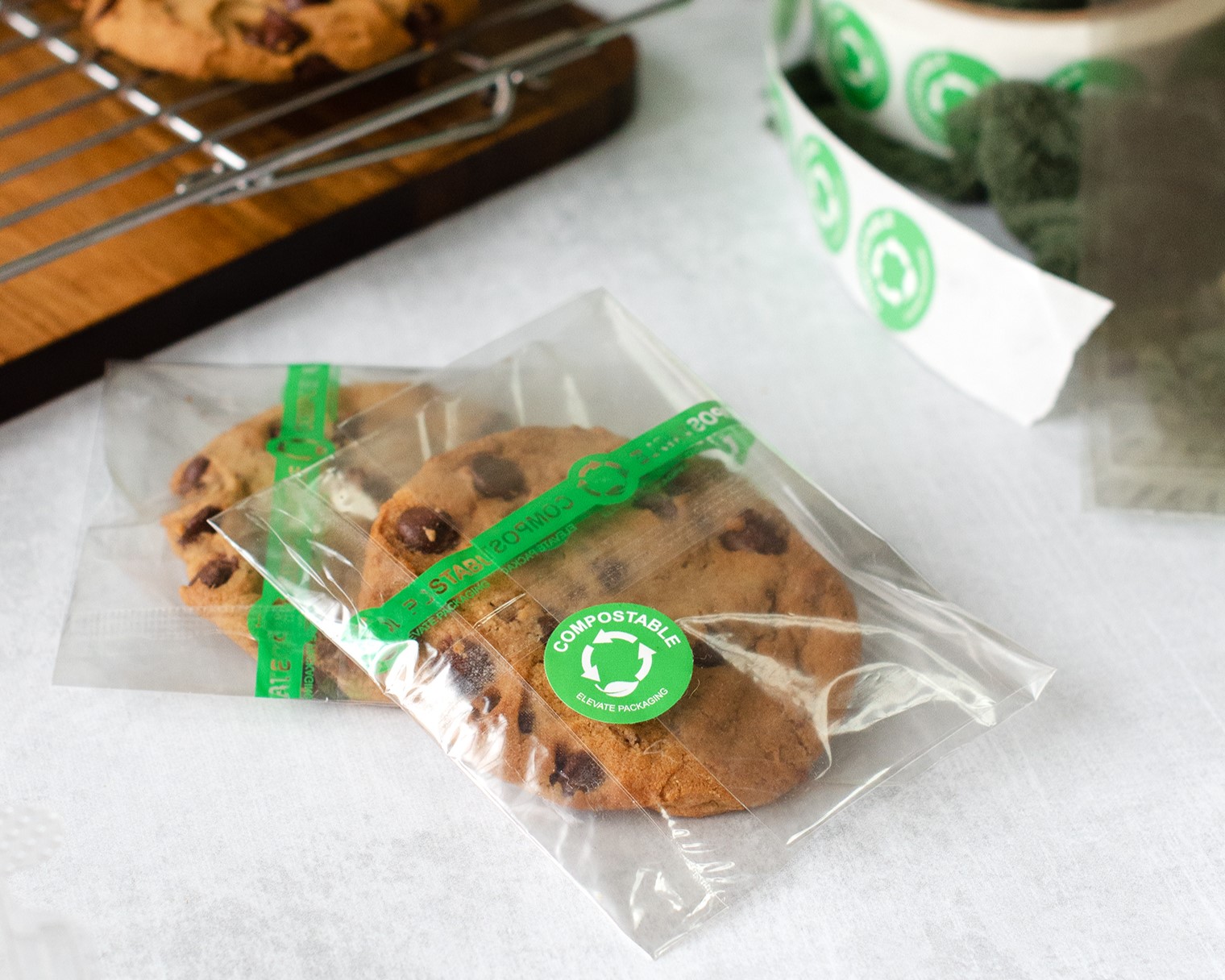
Plastic Free Packaging
We can’t think of a better month to review your packaging! As we mentioned earlier, over a third of plastic is used for packaging! The good news is that there are an ever-increasing number of eco-friendly packaging alternatives. From compostable bags and pouches, to compostable stickers, and more.
Not sure where to start? Read our Guide to Getting Started with Sustainable Packaging
Plastic Free Workplace
If you're curious about how much single-use plastic your business goes through, don't be afraid to do a bit of detective work! Consider conducting a “waste audit” and taking an inventory of the disposable plastic that your business is currently using. Creating a list of the plastic that is regularly thrown away is a great place to start making changes.
If you’d rather not get your hands quite so dirty, you could try taking a look at your business purchases over the last year. How often are you buying disposable products such as bottled water, plastic bags, or plastic cutlery for your office? Could these be replaced with reusables or plastic free alternatives?
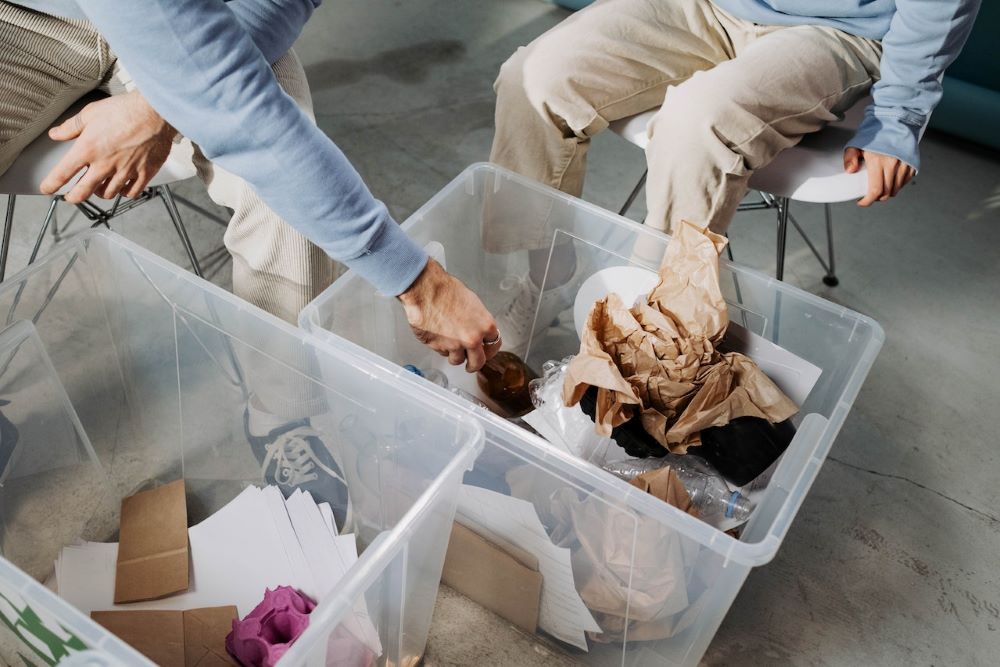
Plastic Free Supply Chain
Don't let your plastic-free journey stop at your immediate workspace. How about taking a peek at the rest of your business operations? Incorporating sustainability into your broader supply chain and back-of-house operations is a little more complex, but it's worth it!
If your products are mailed or shipped before they reach customers, there's a good chance plastics are involved. Consider swapping out plastic mailers for paper or compostable ones - it's a small change with a big impact. And while you're at it, go for compostable shipping labels too!
Even bigger changes can come from unexpected places - such as your warehouse. That plastic pallet stretch wrap? There's a compostable alternative! These types of changes can make a real difference in reducing plastic use.
Interested in minimizing production waste? Read more about Designing for Sustainable Packaging Production
Try these eco-friendly packaging swaps to help you make impactful changes across your entire business:
Plastic Free Product Packaging
Labels and Stickers
Many businesses are unaware that their stickers often contain plastic laminates, and may contribute to plastic waste. The good news is there are compostable labels made from plant-based materials! PURE Labels blank or custom printed labels are made from materials such as sugarcane paper, and are 100% compostable (including compostable adhesive!)
Shrink Bands
Shrink bands are essential for safety and tamper evidence in packaging, but most are made from plastic. Sustainable alternatives are now available! Compostable shrink bands provide the same level of protection and visibility as plastic, but without the plastic waste.
Cellophane Sheets
Many plastic films are difficult to recycle, particularly if they’ve been used to wrap food products. Compostable cellophane sheets allow you to safely and sustainably wrap your products, and can be composted after use.
Plastic Free Shipping & Operations
Pallet Wrap
Traditional plastic pallet wrap is a significant source of non-recyclable waste. Compostable pallet wrap offers an eco-friendly solution! Compostable stretch wrap provides excellent strength and flexibility, comparable to conventional plastic wraps. After removal the pallet wrap can be composted.
Packing Tape
Traditional adhesive tapes are essential for packaging and securing goods. They are also unfortunately a hidden source of plastic waste! Compostable tape is a sustainable alternative, produced from renewable resources and 100% compostable. This innovative solution maintains the strength and reliability needed for packaging while significantly reducing the reliance on conventional plastics.
Gloves
Gloves, particularly in food handling and health industries, contribute to significant plastic waste. The films are usually not recyclable, and single-use gloves are often contaminated when disposed of which causes problems in the recycling stream. Compostable gloves are an excellent alternative to traditional latex or vinyl gloves, ensuring that you can work safely without compromising on environmental responsibility.
Spread the Word
No matter where you're at in your journey, your unique experiences can serve as inspiration for others.
One of the most effective ways to advocate for change is by sharing your experience. Got a blog? Talk about your sustainability efforts there. An Instagram page? Let your audience peek behind the scenes and see your sustainable practices in action.
Every choice matters and every step counts. Together, we can make a world of difference!
Ready to start your sustainable packaging journey?
Connect with one of our packaging experts
Contact Us

How to Compost at Home
In 2018, about 146.1 million tons of municipal solid waste was sent to landfill. Food accounted for 24% of that waste! The good news is that much of the organic waste we produce in our homes can be composted instead. Composting not only reduces the amount of waste going to landfills, but produces a product that [...]
Let's Celebrate Compost!
COMPOST... Nature’s Climate Champion! Get ready to celebrate International Compost Awareness Week 2024! Mark your calendars for May 5-11, when we'll spend a full week promoting awareness and celebrating the power of compost. This year's theme highlights the vital role compost plays in fighting climate change. The theme ties into one of the United Nations Sustainable Development [...]
Compostable Packaging Reduces Plastic Pollution
Overwhelmingly, your customers want sustainable products and packaging. “Consumer awareness to packaging waste in oceans and landfills is driving change” - The drive toward sustainability in packaging, McKinsey & Company In a 2020 survey by McKinsey, 75% of millennial respondents said that they considered sustainability when making a purchase. You already provide eco-friendly products. By choosing compostable packaging for [...]
Eco-Conscious Businesses: Celebrating Earth Day Every Day
#EarthDayEveryDay Earth Day is a catalyst for real positive change. It contributes to education and outreach by spreading knowledge about environmental challenges. Earth Day unites people worldwide in a common cause, inspiring people to get involved by raising visibility and making environmental goals seem more achievable. More than just talk, Earth Day inspires hands-on action by providing [...]
The True Cost of Plastic Packaging
Plastic revolutionized packaging with its low cost, durability, and versatility. These attributes allowed plastic to become the go-to material for cheap, lightweight packaging that could protect products throughout the entire supply chain. The same properties that make plastic packaging so practical and popular are the core drivers behind its catastrophic environmental, health, and economic impact. Low [...]
Sustainable Packaging Guide - Compostable Refill Pouches
While single-use packaging has dominated recent decades, growing sustainability awareness is bringing refillable systems back into the spotlight. Consumers are increasingly recognizing the many benefits of refilling and reusing. Refill systems are a powerful way to break the make-take-waste economy of disposable products that clutter our landfills. These systems combine reusable containers with separately purchased refills. [...]
Sustainable Packaging Guide - Pouches and Flexible Packaging
Recognized for their minimal environmental footprint, durability, and user-friendly features — including reclosable zippers and tear notches — stand-up pouches have become a preferred packaging choice for a huge number of brands. The first stand-up pouch was invented in 1963 by Louis Doyen and was originally designed for packaging fruit juice. The “Doypack” design utilized a [...]
The Growing Importance of Eco-Friendly Natural Products
Demand for cleaner, organic, natural products continues to grow! Consumers are more aware of the negative impact of petroleum-based plastics and synthetic chemicals than ever. The products we use in our daily lives matter. The things that we eat, use, put on our skin, or keep in our homes should be good for us and good [...]
Compostable Packaging and Extended Producer Responsibility
Almost everything we purchase online or from a store usually comes in some sort of packaging. Whether they are boxes, plastic wrappers, or bags, these packaging materials often end their journey as waste, with a significant portion ending up in landfills. Extended Producer Responsibility (EPR) is a policy framework that aims to shift the responsibility for [...]
 Loading... Please wait...
Loading... Please wait...


